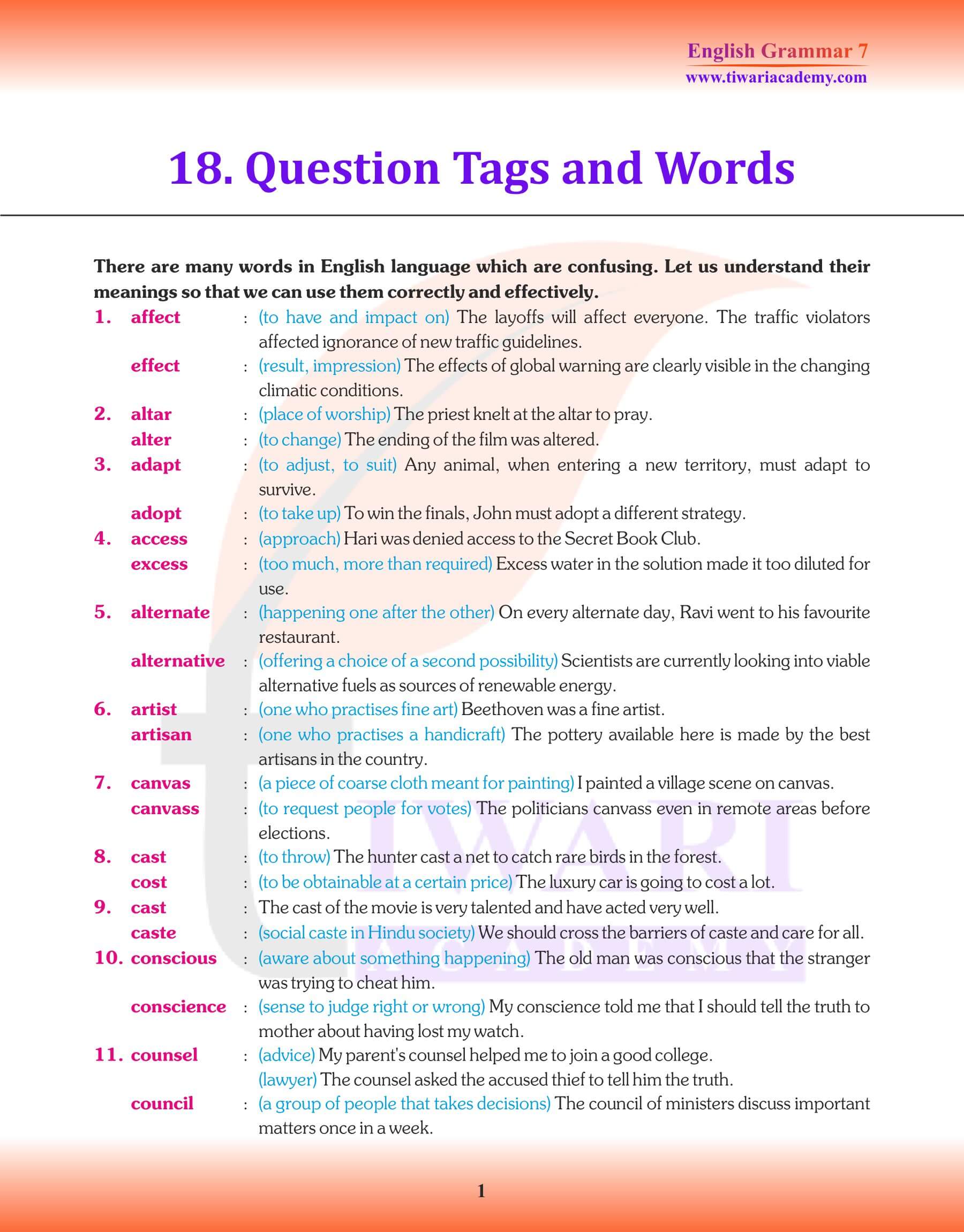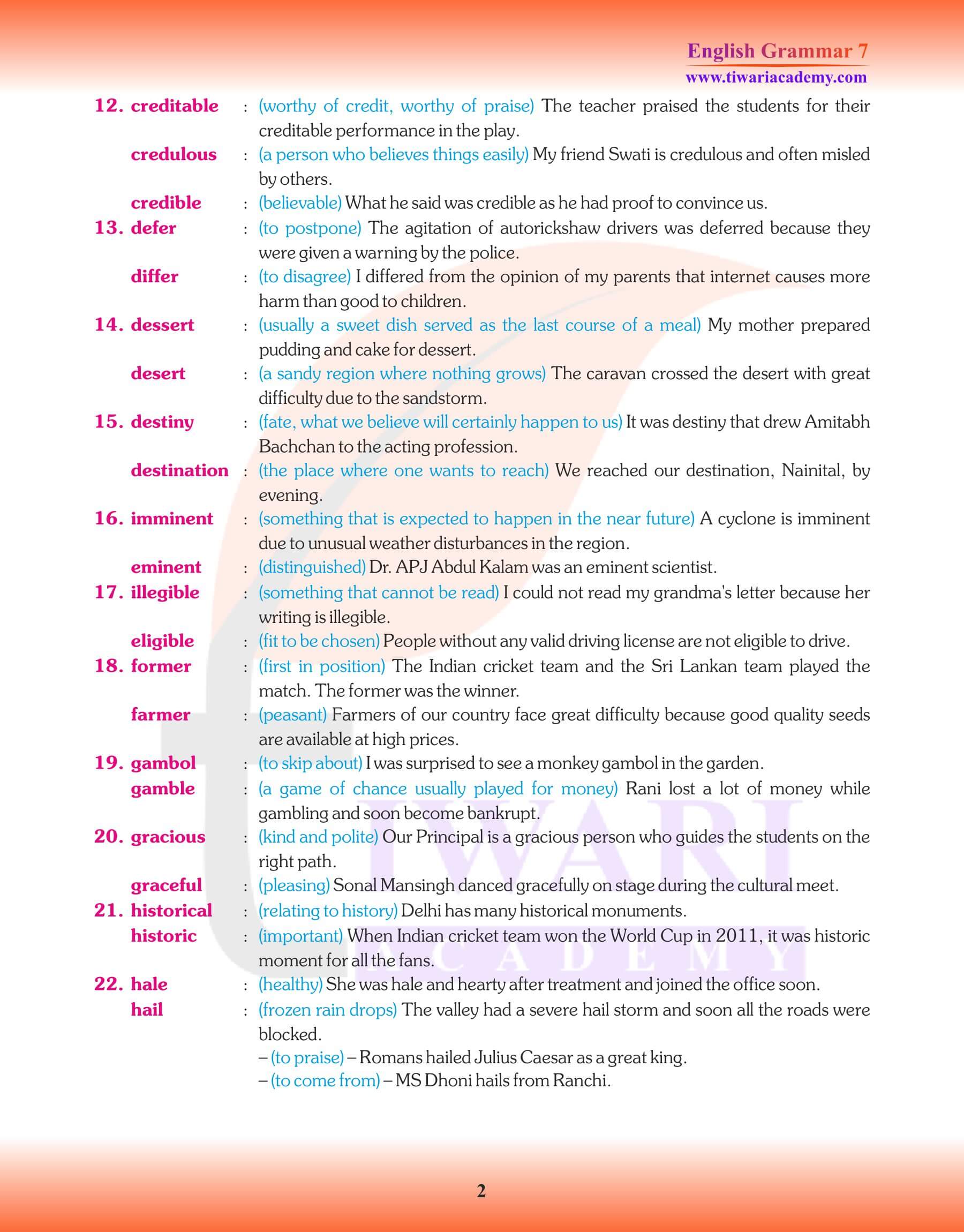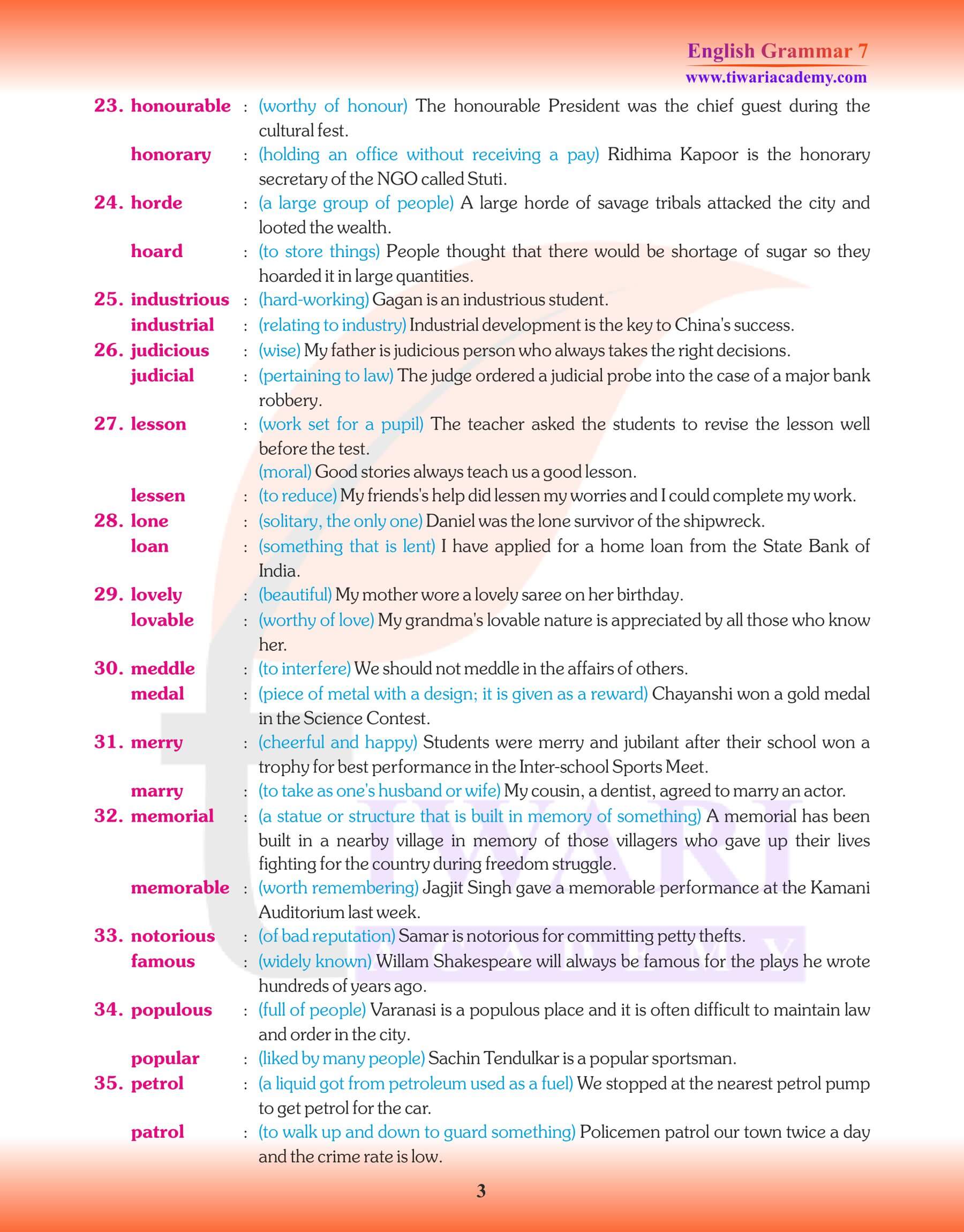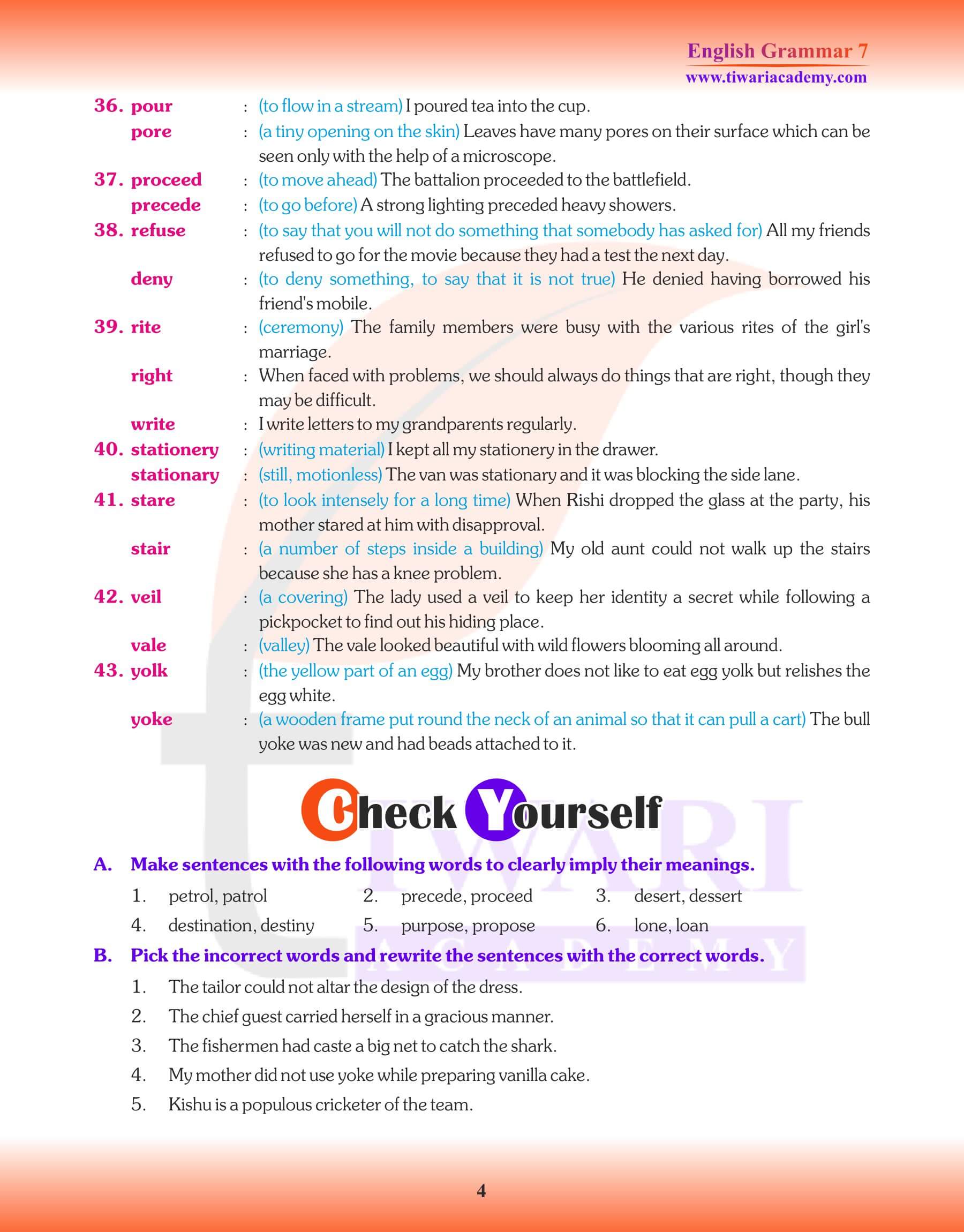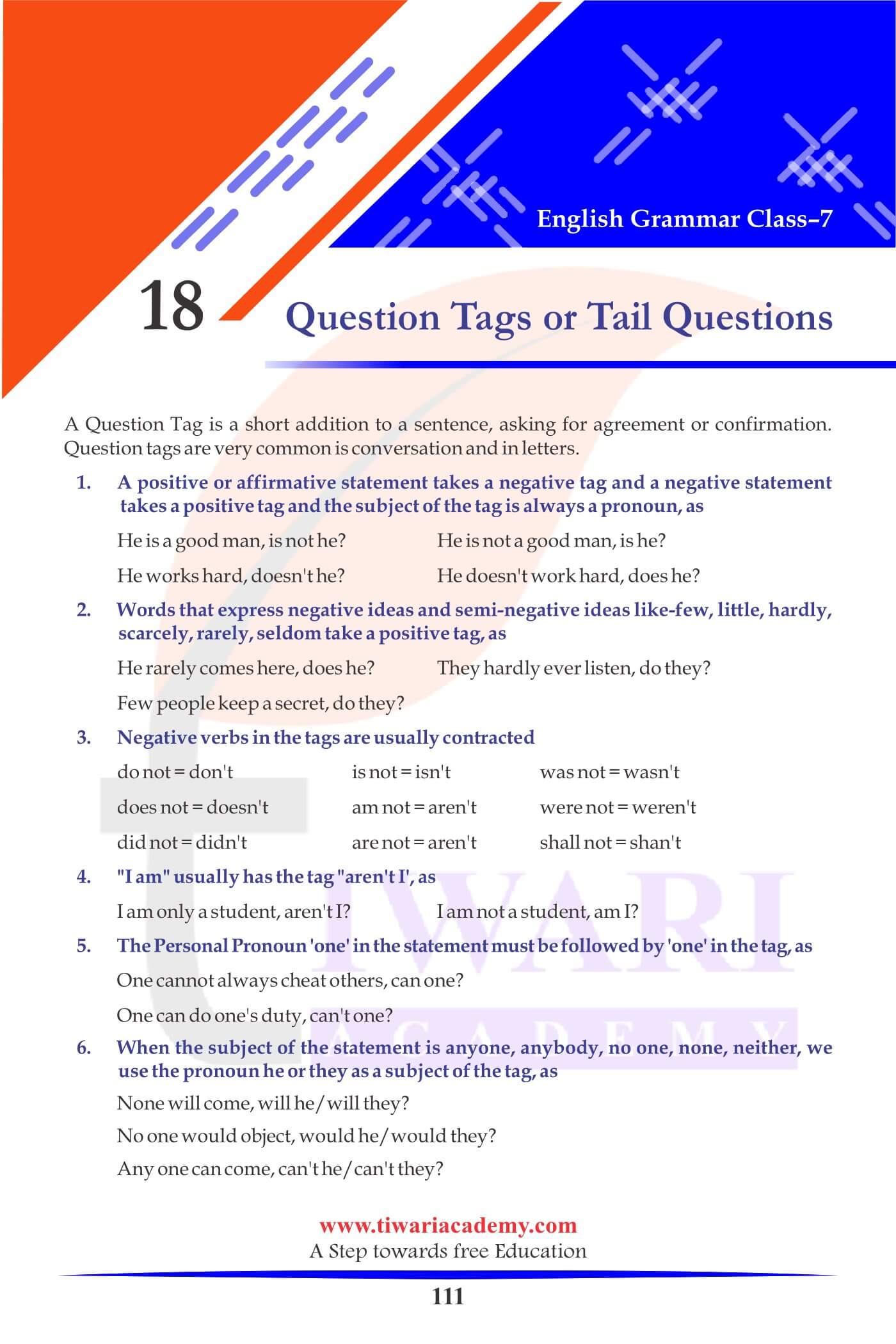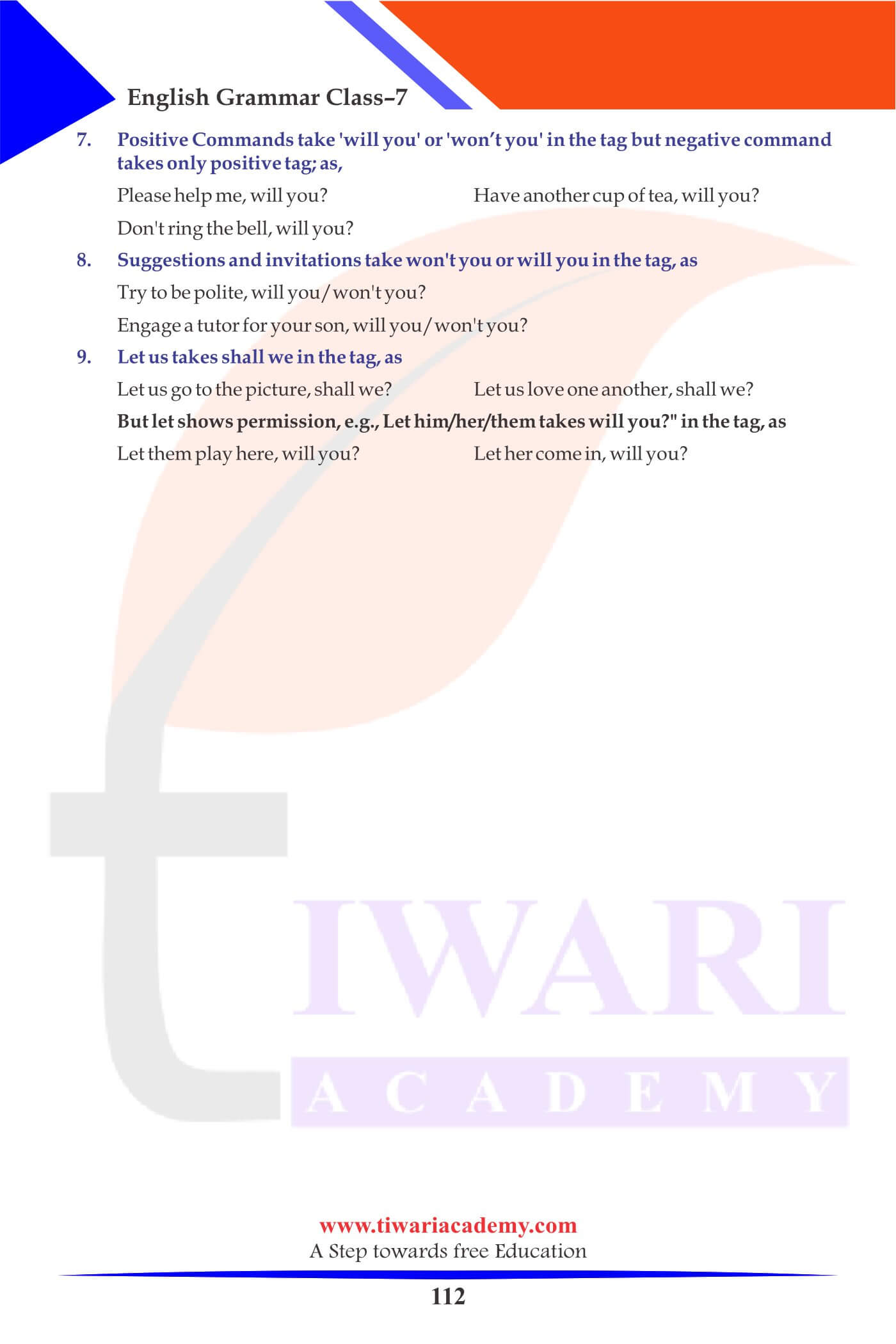Class 7 English Grammar Chapter 18 Question Tags. A Question Tag is a short addition to a sentence, asking for agreement or confirmation. Question tags are very common is conversation and in letters. Negative verbs in the tags are usually contracted. When the subject of the statement is anyone, anybody, no one, none, neither, we generally use a he or they as a subject of the tag.
Class 7 English Grammar Chapter 18 Question Tags Explanation
In the intricate tapestry of the English language, Question Tags serve as delicate threads that tie statements together, seeking affirmation or clarification. Introduced in Chapter 18 of Class 7 English Grammar, these short additions to sentences act as tools of confirmation. You’ve seen them, haven’t you? Yes, that’s a question tag! Primarily found in conversations and letters, these tags often employ contracted negative verbs to maintain brevity and conversational flow.
| Class: 7 | English Grammar |
| Chapter: 18 | Question Tags |
| Academic Session: | 2025-26 |
| Study Material: | Textbook and Revision Notes |
How to Apply Question Tags
A positive or affirmative statement takes a negative tag and a negative statement takes a positive tag and the subject of the tag is always a pronoun.
- He is a good man, is not he?
- He is not a good man, is he?
- He works hard, doesn’t he?
- He doesn’t work hard, does he?
Furthermore, when our statements involve terms like anyone, anybody, no one, or neither, the English language displays flexibility. While the statement may not specify a gender or number, in the corresponding question tag, we conventionally lean towards using ‘he’ or ‘they’ as a subject. By mastering these nuances, students can not only communicate effectively but also understand the subtleties embedded in daily conversations.
Words that express negative ideas and semi-negative ideas like-few, little, hardly, scarcely, rarely, seldom take a positive tag.
- He rarely comes here, does he?
- They hardly ever listen, do they?
- Few people keep a secret, do they?
Application of Tags
When the subject of the statement is anyone, anybody, no one, none, neither, we use the pronoun he or they as a subject of the tag.
- None will come, will he/will they?
- No one would object, would he/would they?
- Any one can come, can’t he/can’t they?
Positive Commands take “will you”‘ or “won’t you” in the tag but negative command takes only positive tag.
- Please help me, will you?
- Have another cup of tea, will you?
- Don’t ring the bell, will you?
Suggestion and Invitation
Suggestions and invitations take won’t you or will you in the tag.
Try to be polite, will you/won’t you?
Engage a tutor for your son, will you/won’t you?
Let us takes shall we in the tag.
Let us go to the picture, shall we?
Let us love one another, shall we?
